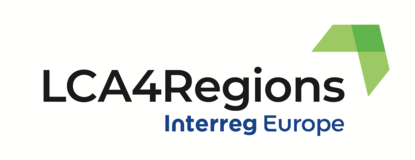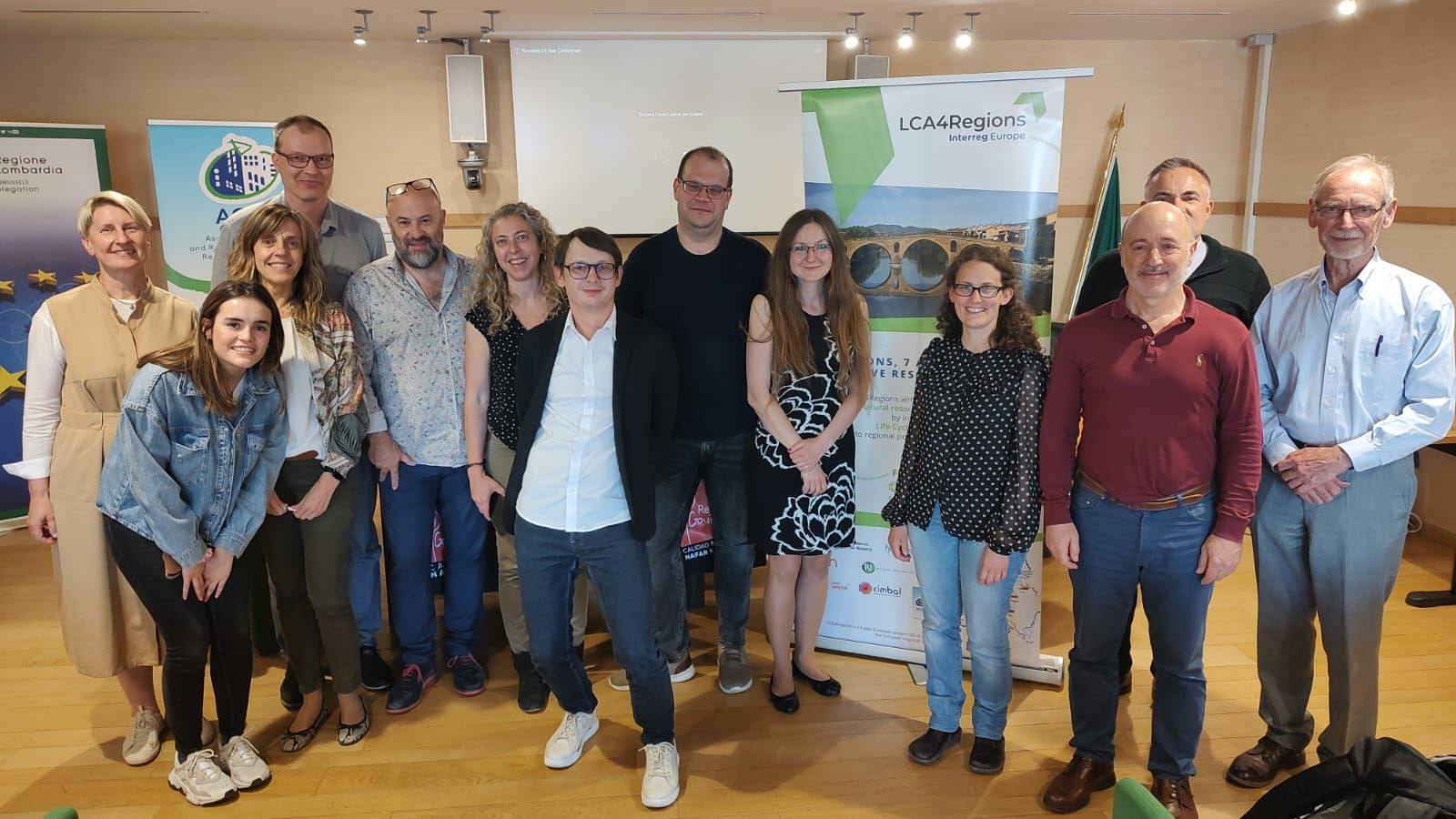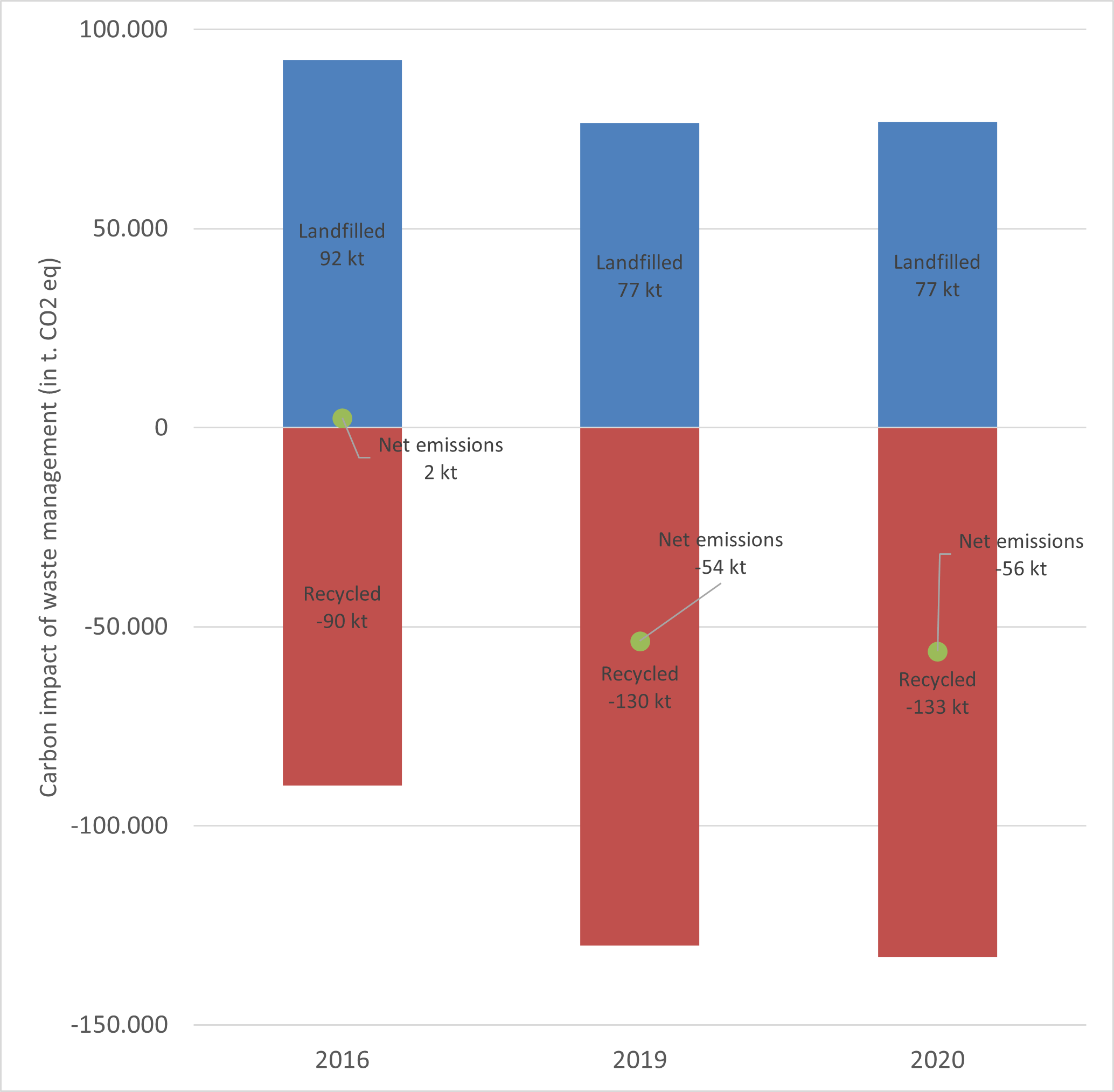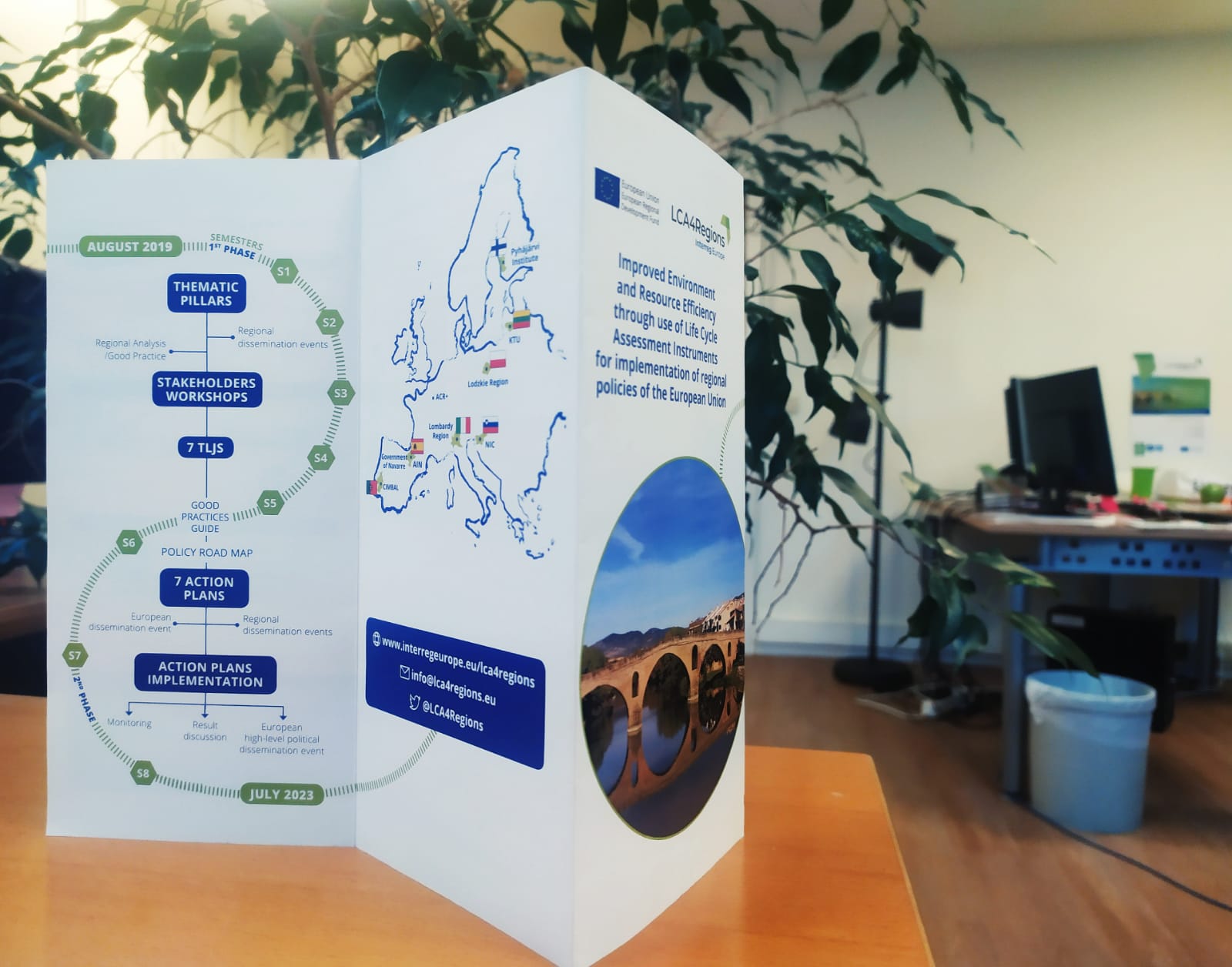In the framework of the Interreg Europe LCA4Regions project, partners concluded that training opportunities exist but are spread out. In addition to increasing the cooperation between LCA training providers, they recommend widening the scope of these trainings to focus also on how to implement the results of an LCA. Another way to mainstream LCA would be to train not only experts and researchers but also those who benefit from it like citizens, organisations, and environmentalists.
Regularly partners of the Interreg Europe LCA4Regions project meet to reflect on how to mainstream life-cycle assessment (LCA) and expand its use in public policies. For their fifth encounter, they had decided to focus on training and capacity building in LCA. This new Transnational Learning Journey, as these sessions of exchange are called, was hosted online by the Lodz University of Technology, Częstochowa University of Technology and Łódzkie Region from 28 to 30 September 2021. It was part of the European Sustainable Development Week under the patronage of the Polish Ministry of Climate and Environment.
During the three-day meeting, LCA experts and practitioners discussed the state-of-the-art and the role of not only regional authorities but also science and education in developing LCA. Keynote presentations and case studies presented by the host, the Łódzkie Region, as well as best practices selected by partners fed the exchange.
Starting from the idea that LCA experts are needed for strategic decision, support and evaluation, and to mobilize stakeholders, partners quickly came to the conclusion that more training would be beneficial not only in the academic or scientific sectors but also more transversally, at different functions and levels. It is important to empower individuals and organisations, in particular practitioners and citizens who need to understand and be convinced of the benefits arising from LCA applications. When it comes to universities, participants praised the offer available in the host region, where LCA is taught across different programmes and curriculum. In general, green skills should be made more appealing for students and life cycle thinking as an approach should be included transversally in all bachelors. Engineering students need to be aware of the environmental and social impact of their decision. In addition, training opportunities are spread out so networking should be enhanced. The UNEP Life Cycle Assessment Training Kit and Life Cycle Thinking e-learning package, the FSLCI summer schools, the UNESCO LCA centre in Barcelona, and the EU Platform on Life Cycle Assessment count among examples of international training and source of information.
Good Practices identified by the LCA4Regions partners abound in the same direction: there are trainings being organised, more than thought, but interlinkages should be reinforced to promote cooperation. Often, they are aimed at business or academic not so much at public administrations and focus on how to undertake an LCA rather than how to implement the results (life-cycle management). However, these Good Practices provided inspiring examples of how to cooperate with and involve stakeholders from private sector in the conception of LCA trainings as it is done in the life cycle training organised by Navarra (in Spain) or by the KEINO Academy for sustainable procurement management in Finland. The recommended inclusive approach that emerged from the discussions is already experimented by the Kaunas university (Lithuania) where sustainability is embedded in the university values, through transversal actions, and where eco-design and sustainable development modules are included in various bachelor, master, and doctorate programmes.
Last but not least, this TLJ was also the opportunity for the Łódzkie Region to present and receive feedback on its policy tools and legal framework in the context of LCA opportunities and challenges. An overview of this policy context is provided in a dedicated document.
A visual summary of the TLJ discussions and outcomes is provided in the image below.

A recording of the TLJ as well as the different presentations made on this occasion are available on the LCA4Regions website.
The next journey at the end of November will take the LCA4regions partners to Lombardy (Italy) and will focus on evaluation and monitoring for LCA.










